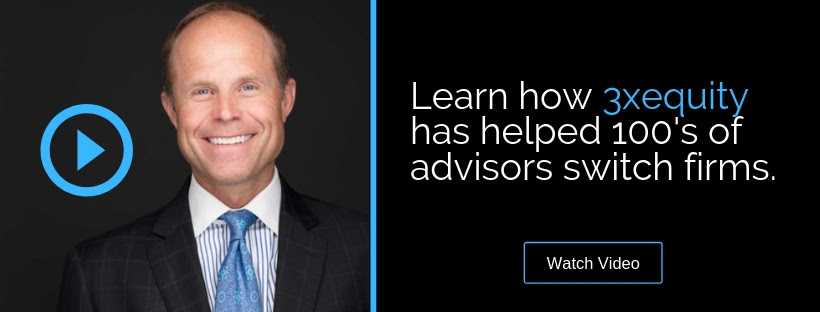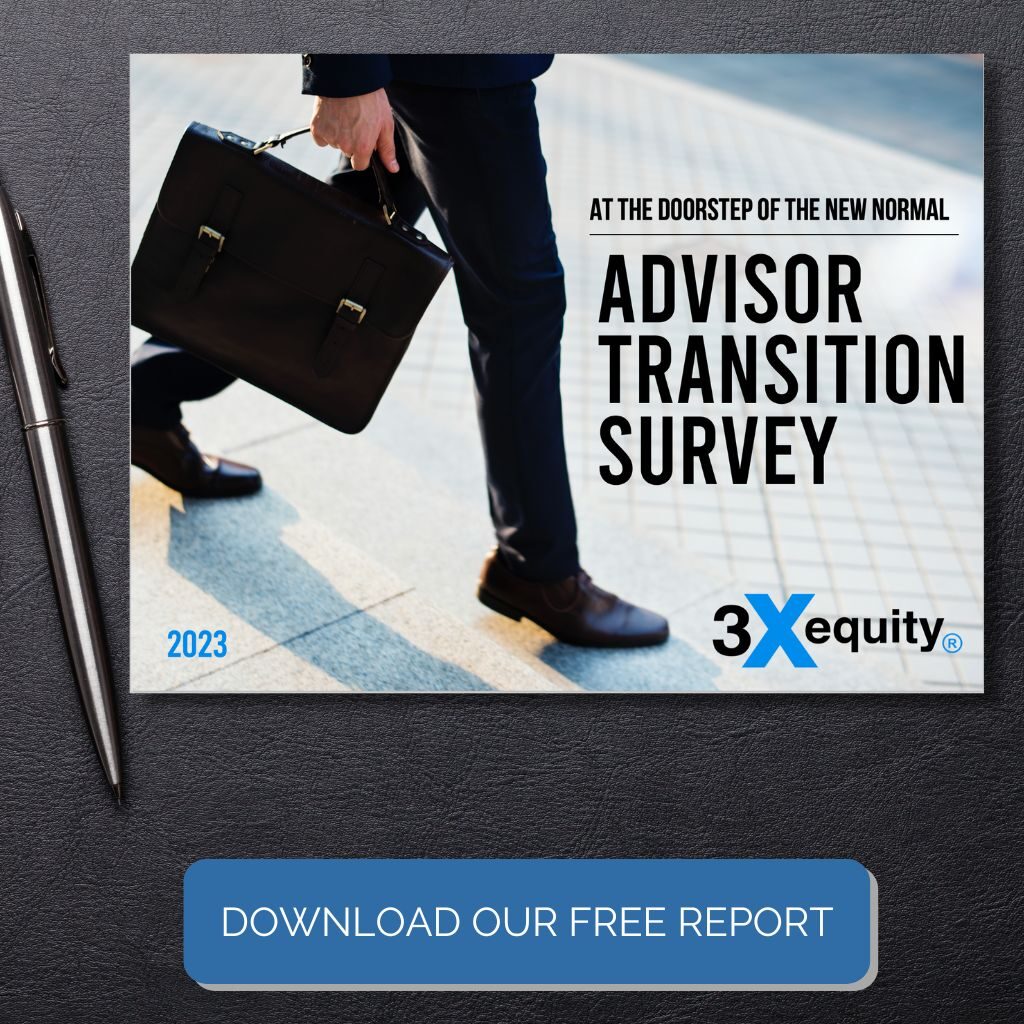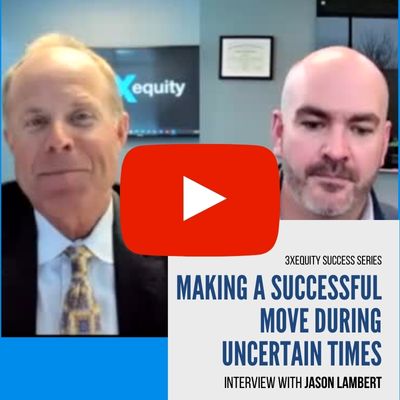When Michael Kitces says something advisors ears perk up, and his comment that, “FPA NorCal has consistently been one of the best national conferences in financial planning” was part of the reason we knew we wanted to attend this year. He ranked it as his Top Advisor Conference for 2023 and all other conferences are hereby on alert that FPA NorCal is in the clubhouse with a several strokes lead (we’re looking at you FutureProof, though in fairness zero members of the Wu-Tang Clan appeared in San Francisco last week.)
With over 600 attendees, including 140 first-timers, the conference buzzed with energy and purpose, as sessions focused on turning facts into action. CE credits rained from the ceiling as high-powered speaker after speaker shared insights and techniques designed for peak relevance and applicability.
For full event coverage, including an interview with Liz Ann Sonders, watch episode 27 of The FA Show, our collaboration with AdvisorHub.
Here are 3 takeaways from the two-day event.
1. Humans Still Have The Advantage Over AI
Artificial Intelligence (AI) may be all the rage of the moment, but it has been “raging” for some time now. Nichol Bradford, futurist and day 1 keynote noted in her presentation that its presence and pace are growing exponentially, with 40% of tasks being AI-achievable a year ago to now 50-80% of tasks being things AI can do well or better. With that will come both big changes and incredible opportunities, and yes, some jobs will become obsolete, but financial planning and advice don’t have to be among the jobs that get left in the dust.
She suggested instead that humans will always have the advantage over AI because of our capacity to feel, empathize, share our unique traits, and ultimately be present (in the many forms that can take).
What might this mean for advisors? Bradford thinks, “By this time next year almost everything you see online will be generated by AI. As a result, you’re going to see people want to be in person more.” Your clients are going to want more of “you” – and in that lives a significant advantage for those who invest time and energy in becoming their authentic selves (and bonus points for those who welcome the opportunity to share that side of themselves with their clients).
Many planners pursued their career because they want to help people. A computer doesn’t have that capacity for caring. Seek out the advantage by harnessing your humanity.
2. Michael Kitces Knows If You Are Miserable
Anyone who has spent time at a county fair is familiar with the “Guess Your Age” booth (sometimes it’s a “Guess Your Weight”). The idea is that with very little information about you, the carnival worker can tell your age – if they’re wrong you win a prize, if they’re right, you walk away astounded (and $5 poorer).
In his session, “At The Capacity Crossroads: 3 Visions For Scaling The Advisory Firm You Want,” Kitces shared an anecdote about which advisors were happiest. And, hypothetically, if he needed another revenue stream in addition to all he has going on, he could take up a version of this game at conferences across the country and make a nice living, you see – Michael Kitces can tell if you are unhappy. How?
In an advisor well-being study he conducted they found that the unhappiest advisors had $225 million in assets under management. Why? Here he is in a bonus clip from our event coverage for The FA Show.
3. The End of Cities
Thomas Howard, who oversaw the planning and presentation of the conference reminded me that the conference is held “every year at the Palace Hotel in San Francisco the Tuesday and Wednesday after Memorial Day Monday.” The guarantees in that statement seem to be a hotel that is spectacular and that Tuesday and Wednesday will forever follow Monday on the calendar.
What doesn’t feel totally guaranteed is the San Francisco part. The city itself isn’t going anywhere, but the idea of San Francisco might be.
Those who found time to explore outside the hotel’s front door found a hollowed-out city core, devoid of people and energy. A few steps away you find the industry-relevant front doors of the fallen SVB and First Republic Bank. Beyond that, you felt a sense of a city winding down.
Anastasia Edel’s recent opinion piece in the LA Times is aptly titled “San Francisco had a good run. Can it recover?” Edel, a former First Republic employee, says the quiet parts out loud, and her piece likely applies to the challenges faced by the big city you live in or whose football team you root for. There is no doubt that the rise (or fall) of these places will impact our economy, but where some see empty spaces others see opportunity – so here’s to the next act for San Francisco.
BONUS: It might be time to reframe our astonishment with AI
We have been living with AI for a while now but for many, it was the weeks leading up to and following OpenAI CEO Sam Altman’s appearance before Congress that pointed many to the horse racing away from the barn.
AI has been around for a while and we’ve been living with (and enjoying the benefits) of many of these tools without even thinking of them as AI. In his conversation with Liz Ann Sonders, Eric Flett, CEO of Concentric Wealth Management referenced his at-home Google device/alarm clock as AI and so many of us long-ago welcomed Siri and Alexa as seemingly sentient beings into our world.
So while the story of AI is still in its infancy, the potentially disruptive technology is not. Wrestling with the moral implications of its use, ensuring equal access, and becoming more discerning consumers of content are among the challenges ahead.
Curious about a move to a new broker-dealer? We can help you find your best fit. Get started right now via the form below.
<script async src="https://pagead2.googlesyndication.com/pagead/js/adsbygoogle.js?client=ca-pub-5694368843200690"
crossorigin="anonymous"></script>






